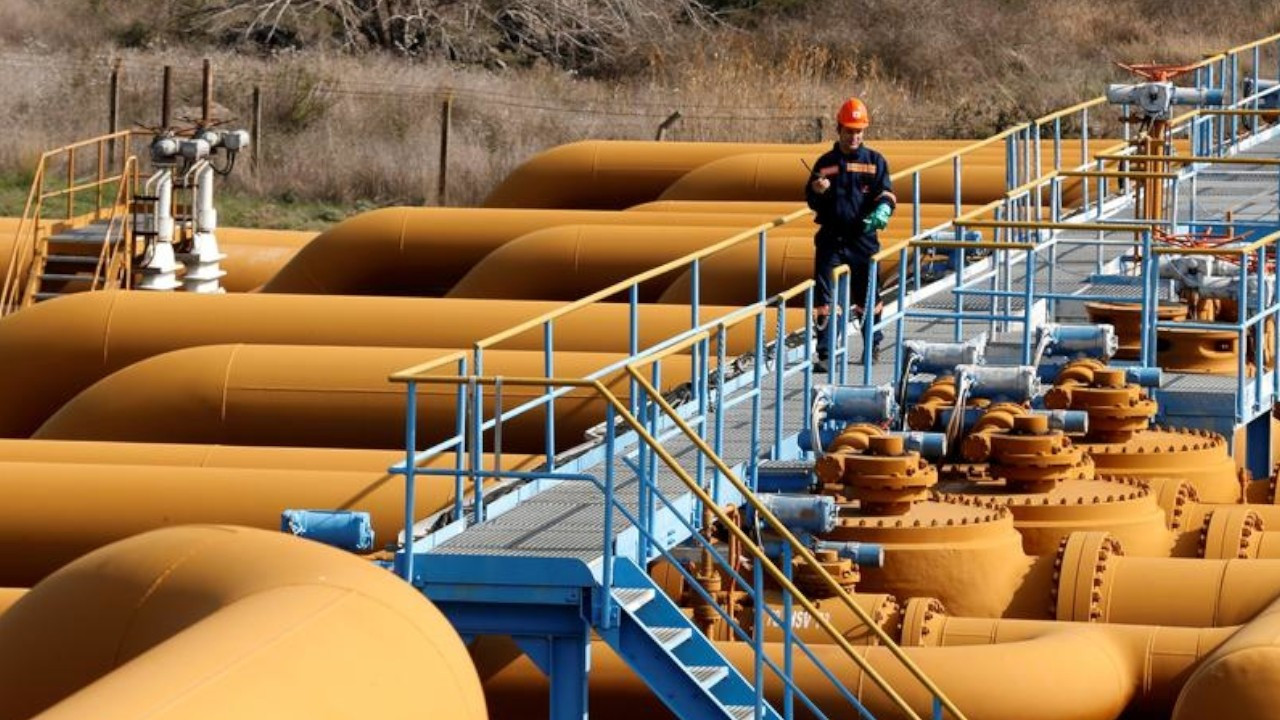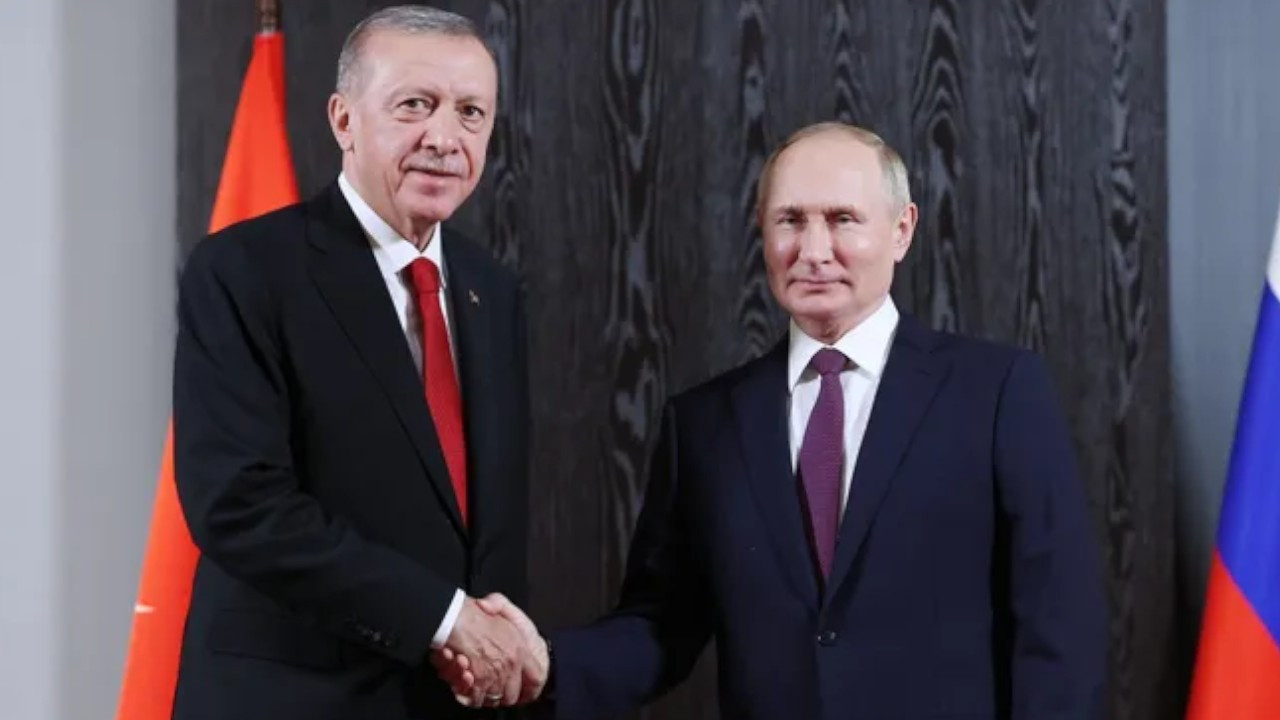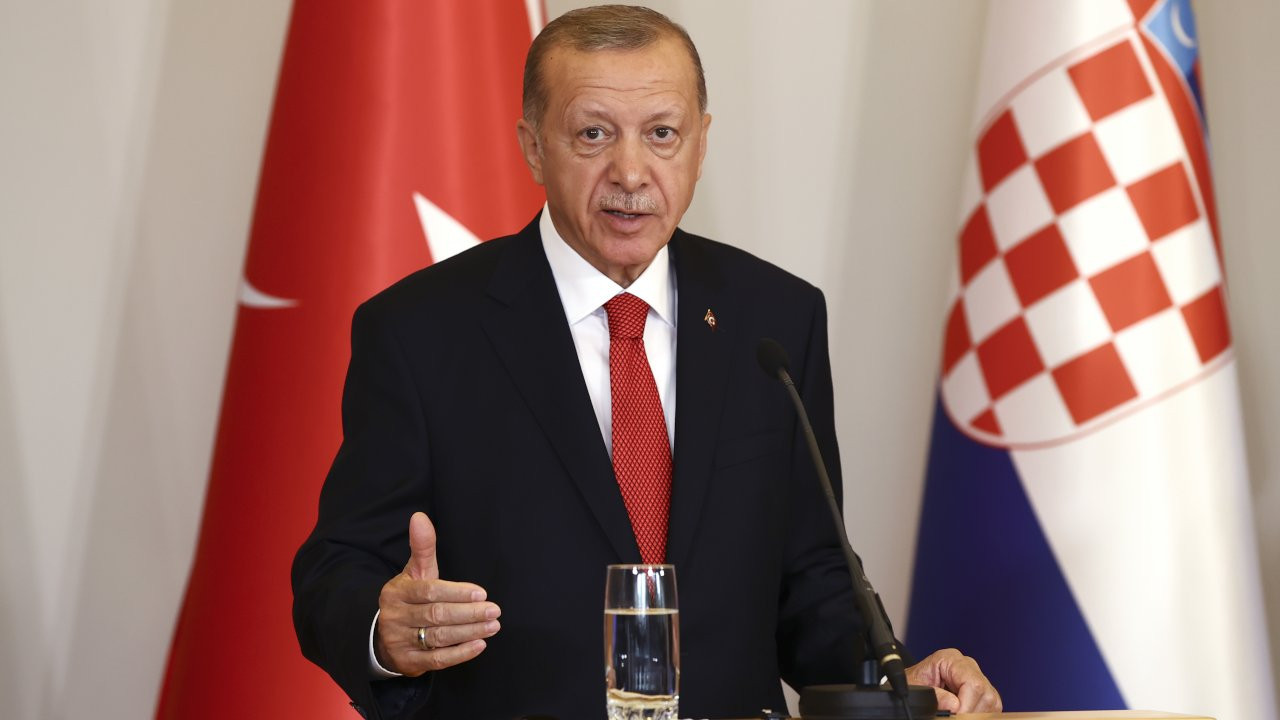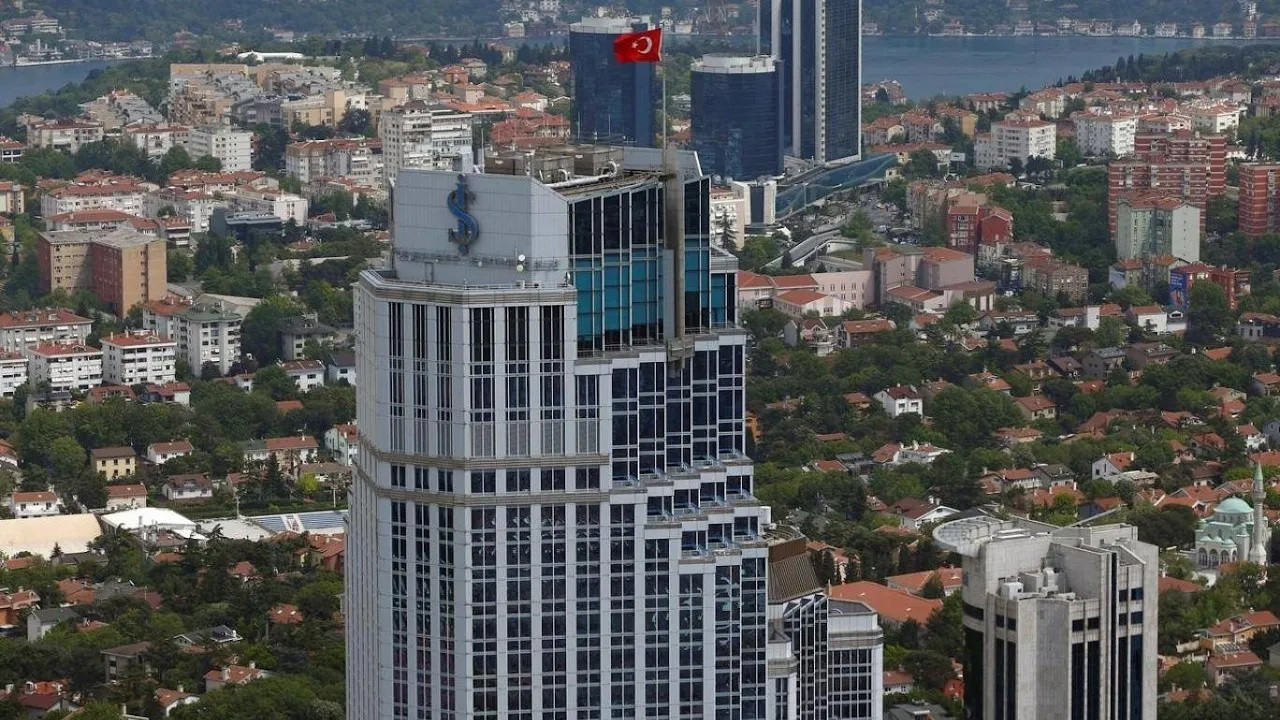Russia could redirect Nord Stream gas to Turkey, Putin says
Russian President Putin has said that his country could redirect supplies intended for the damaged Nord Stream pipelines to the Black Sea to create a European gas hub in Turkey. Turkish Energy Minister Fatih Dönmez said the idea was new to him but should be discussed.
Reuters
President Vladimir Putin said on Oct. 12 that Russia could redirect supplies intended for the damaged Nord Stream pipelines to the Black Sea to create a European gas hub in Turkey, or even use the one intact part of Nord Stream 2 to supply the EU.
An investigation is under way into explosions last month that ruptured the Russian-built Nord Stream 1 and Nord Stream 2 pipelines on the bed of the Baltic Sea.
Putin said it was possible to repair the pipelines and that Russia and Europe should decide their fate.
"We could move the lost volumes from the Nord Streams along the bottom of the Baltic Sea to the Black Sea region and thus make the main routes for the supply of our fuel, our natural gas to Europe through Turkey, creating the largest gas hub for Europe in Turkey," he told an energy conference in Moscow.
"That is, of course, if our partners are interested in this. And economic feasibility, of course."
The problem is that European Union countries are trying to end their reliance on Russian oil and gas after Putin sent troops into Ukraine as part of what he calls a special military operation.
Turkish Energy Minister Fatih Dönmez, speaking at the same conference in Moscow, said the idea was new to him but should be discussed.
"It is the first time we've heard this. Thus it is early to make an assessment," Dönmez said.
"These kinds of international projects need feasibility assessments... commercial aspects need to be discussed. These are things that need to be discussed," Dönmez added.
Gazprom CEO Alexei Miller praised the Turkstream pipeline across Black Sea, noting it was much deeper than Nord Stream.
"As for the hub, there is no doubt that we can consider the issue of a trading platform on the border of the European Union and Turkey," Miller said.
NATO member Turkey has close relations with both Ukraine and Russia and has sought to balance ties during the conflict in Ukraine, rejecting Western sanctions on Moscow while criticising Russia for what the Kremlin calls a "special military operation" in Ukraine and supplying Kyiv with armed drones.
Along with the United Nations, Turkey brokered the July deal to unlock Ukrainian grain exports from its Black Sea ports, in what remains the only significant diplomatic breakthrough in the seven-month-old conflict.
Ankara's relations with Russia are complex, with the two countries cooperating closely on energy supplies while being at odds over Syria, Libya and Azerbaijan.

 Are Turkey's efforts to get natural gas payments postponed election move?Economy
Are Turkey's efforts to get natural gas payments postponed election move?Economy 25 percent of Russian gas supplies to Turkey will be paid for in roublesDiplomacy
25 percent of Russian gas supplies to Turkey will be paid for in roublesDiplomacy Erdoğan endorses Putin, says Ukraine's grain going to rich countriesDiplomacy
Erdoğan endorses Putin, says Ukraine's grain going to rich countriesDiplomacy İşbank and Denizbank suspend Russian Mir payments amid US sanctionsEconomy
İşbank and Denizbank suspend Russian Mir payments amid US sanctionsEconomy